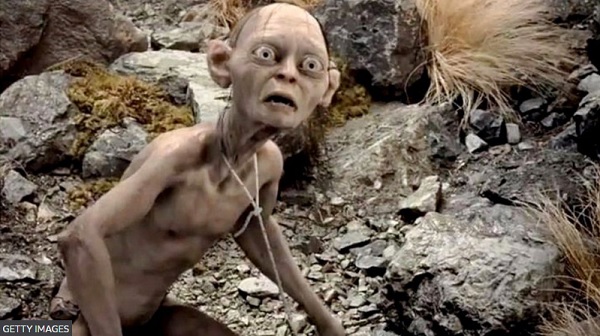
Part of the New Zealand-based visual effects studio co-founded by Oscar-winning director Sir Peter Jackson has been sold for $1.6bn (£1.2bn).
A division of Weta Digital, which has worked on films including Lord of the Rings and Avatar, is being bought by video games software company Unity.
Unity's technology is behind games such as Pokémon Go and Call of Duty: Mobile.
The firms say the deal means that Weta's special effects tools will be "democratised".
"Together, Unity and Weta Digital can create a pathway for any artist, from any industry, to be able to leverage these incredibly creative and powerful tools," Sir Peter said in a statement.
Weta, which was co-funded by Sir Peter in 1993, is known for creating animated characters such as Avatar's Neyriti, Gollum in the Lord of the Rings film series and Caesar from Planet of the Apes.
"For the southern hemisphere, Weta is our version of Hollywood," Sydney-based film critic James Fletcher told the BBC.
"Peter Jackson is a visionary filmmaker. He didn't have the tools he needed to achieve the results he wanted so he put a team together," he added.
Under the deal the company will be split up, with its technology assets being sold to Unity as Weta Digital.
Its visual effects business will remain as a separate company called WetaFX, which is expected to become one of Unity's largest customers.
Weta told the BBC that Sir Peter, along with the company's digital artists, will be "staying in New Zealand and continuing to make movies here."
In a statement, Unity said it will "put Weta's incredibly exclusive and sophisticated visual effects tools into the hands of millions of creators and artists around the world" enabling them to shape the future of the metaverse.
The term metaverse has come into wider mainstream use in recent weeks after Facebook said last month that it would change its name to Meta to better reflect its new focus on connecting users through augmented and virtual reality.
"This deal is actually quite exciting," said Mr Fletcher.
"They'll be able to make this technology available to filmmakers. It's really going to be a disruptive deal and be beneficial to creatives all around the world."
After the announcement of cash-and-stock deal Unity's shares fell by more than 6% in extended trade on the New York Stock Exchange.

